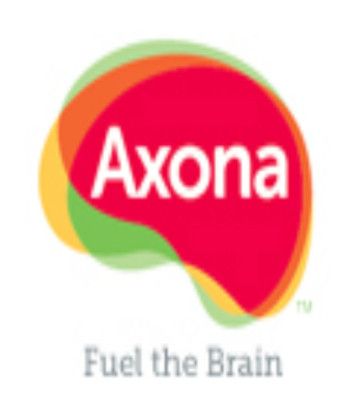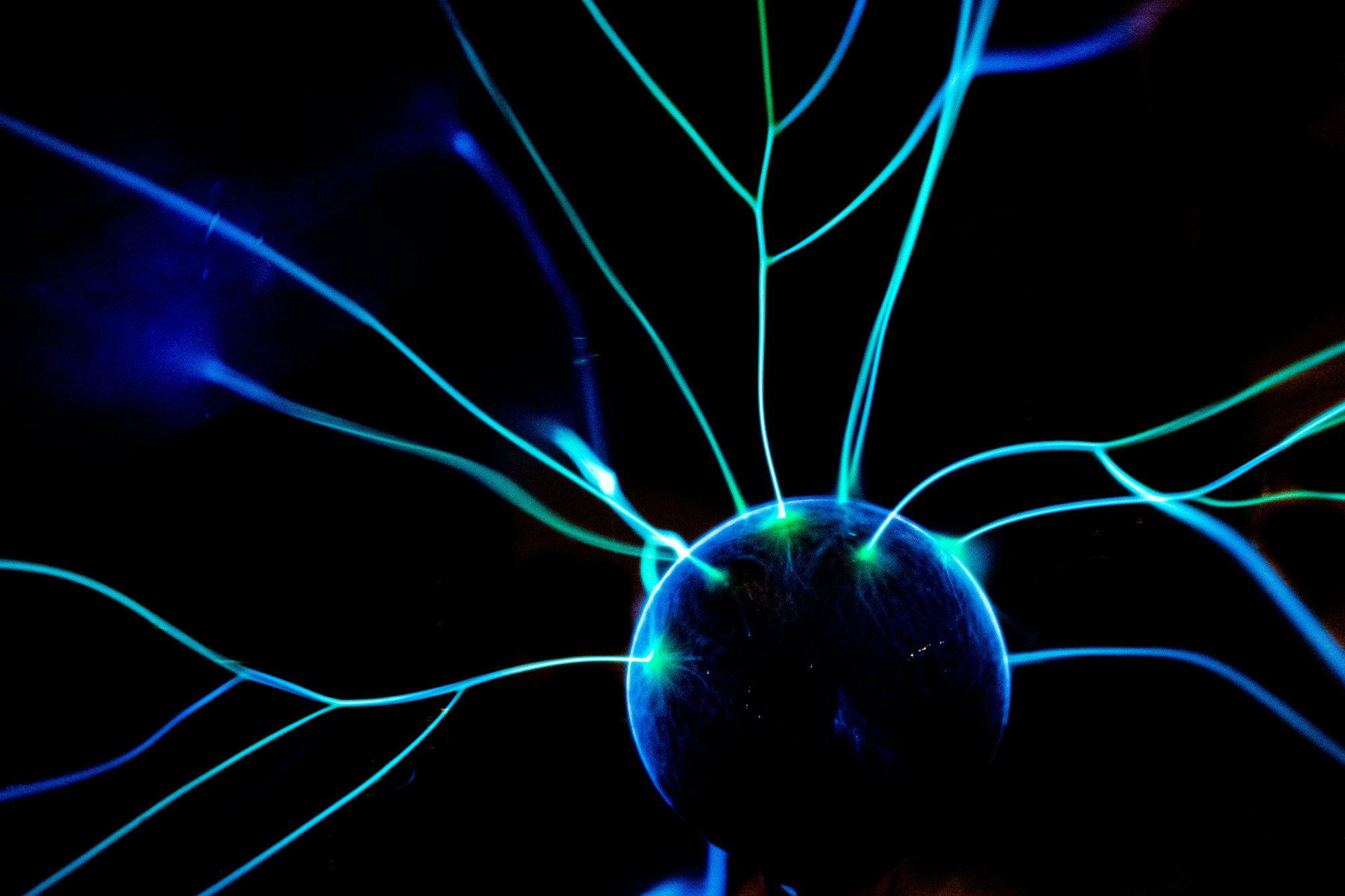What's the Buzz on Axona and Dementia?
Axona is a prescription medical food used to treat mild to moderate Alzheimer's disease. It works by addressing energy deficits in the brain and providing an alternative source of energy through ketosis.

Addressing Mild to Moderate Alzheimer's
Axona, a prescription medical food, holds promise in the treatment of mild to moderate Alzheimer's disease. This innovative approach targets the energy deficits in the brain, offering an alternative source of vitality.

Understanding Alzheimer's Impact on the Brain
To appreciate Axona's significance, it's crucial to grasp how Alzheimer's affects the brain. Typically, a healthy brain relies exclusively on glucose as its energy source. However, Alzheimer's disrupts this process, resulting in a substantial reduction in glucose metabolism. Axona, a FDA-regulated medical food, steps in to mitigate this energy decline by providing an alternative source.
Enhancing Cognitive Function
Clinical trials have yielded encouraging results, with Axona demonstrating the potential to improve cognitive impairment within a span of 45 days. Importantly, this treatment is available only through a physician's prescription and requires ongoing medical supervision.
Decoding Medical Food
Now, let's delve into what exactly constitutes a medical food. This specialized product is formulated for the dietary management of specific diseases or conditions that come with distinct nutritional requirements. The criteria for a medical food are as follows:
- Specialized Formulation: Designed for oral or enteral consumption.
- Disease-Specific: Developed to meet the nutritional needs of a particular medical disorder or disease.
- Physician Supervision: Must be administered under a healthcare professional's guidance.
- FDA Compliance: Must adhere to FDA regulations and guidelines, allowing manufacturers to make specific claims related to diseases.
Not to Be Confused with Vitamins or Supplements
It's essential to clarify what a medical food is not. It is not a vitamin or dietary supplement, also known as nutraceuticals. Manufacturers of nutraceuticals cannot make claims related to diseases or drugs. Nutraceuticals are available over-the-counter or online and do not require a prescription or medical supervision.
Axona a medical food for MIld to Moderate Alzheimer's
Axona's Mechanism of Action
In Alzheimer's disease, a notable decline in glucose metabolic rate, termed hypometabolism, is observed, even in the early stages. This reduced glucose metabolism leads to lower levels of ATP (adenosine triphosphate), a crucial factor in synaptic communication.
To address this hypometabolism, research indicates the necessity of inducing ketosis, a metabolic state where the liver produces ketones in the absence of sufficient glucose. Ketones play a vital role as an alternative fuel source for the brain during periods of low glucose availability. They convert into ATP, providing the necessary energy to enhance neuronal communication.
Taking Axona
Axona is available in powdered form, conveniently packaged in individual packets. Patients typically receive a starter kit from their physicians. It is consumed with 8 ounces of water during breakfast or lunch, whichever is the larger meal. Dosage begins gradually, over a week, until reaching the full dose on the eighth day and beyond.
However, it's important to exercise caution when considering Axona, particularly if there's a risk of ketoacidosis, or if the individual has gastrointestinal disorders, renal dysfunction, uncontrolled diabetes, or metabolic syndrome. It is vital to have an open dialogue with a healthcare provider to determine if Axona is the right medical food for the patient's current condition.
In summary, Axona presents a promising avenue in the management of Alzheimer's disease, addressing energy deficits in the brain through a carefully regulated medical food. As with any medical intervention, it's essential to consult with a healthcare professional to determine its suitability for individual cases.
Here is a link to a caregivers and her family members response to using Coconut Oil
Our Resource section can help you find the information and tools that you need. We have courses, videos, checklists, guidebooks, cheat sheets, how-to guides and more.
You can get started by clicking on the link below. We know that taking care of a loved one is hard work, but with our help you can get the support that you need.
Click here to go to Resource Section now!
You might also like this article:


